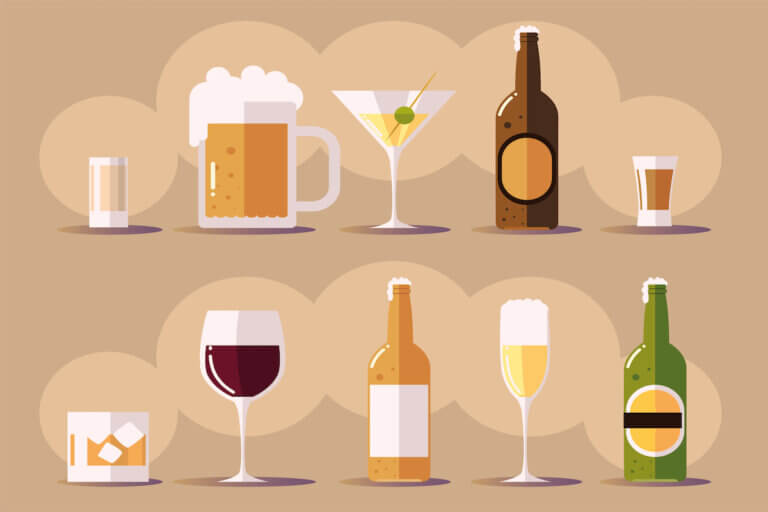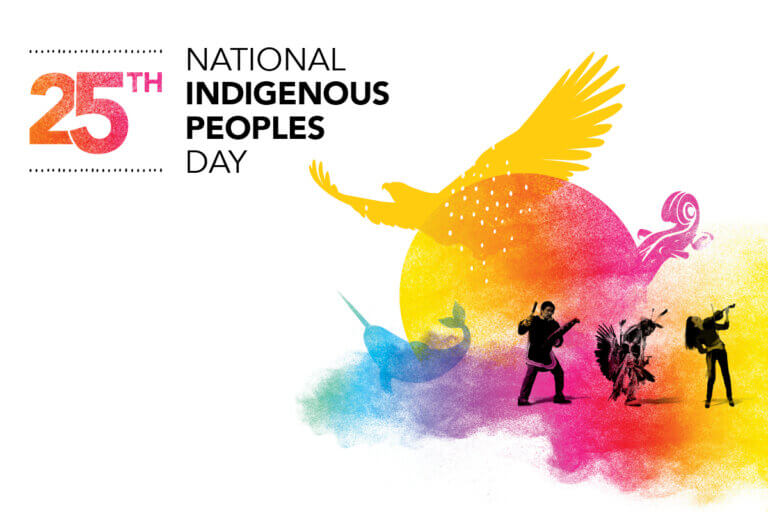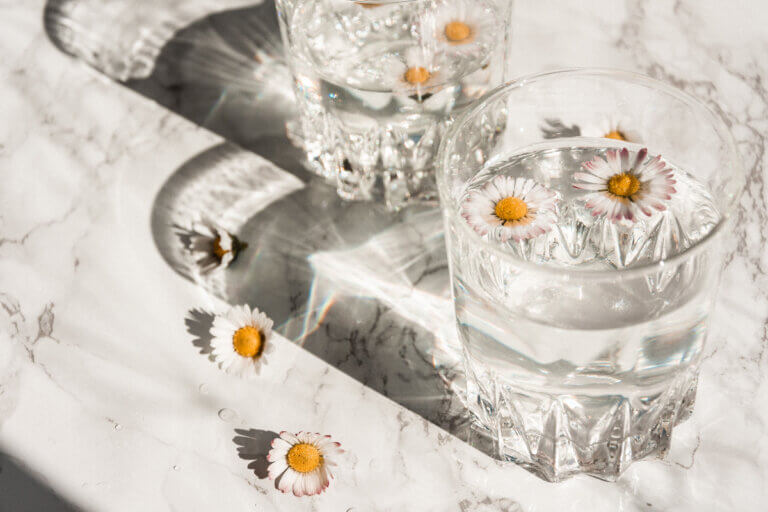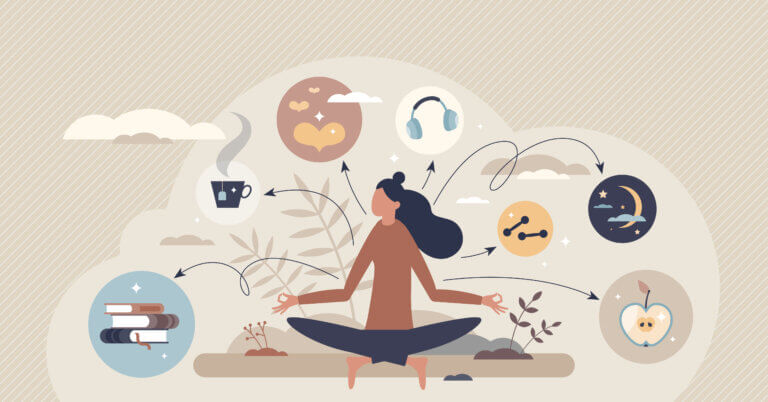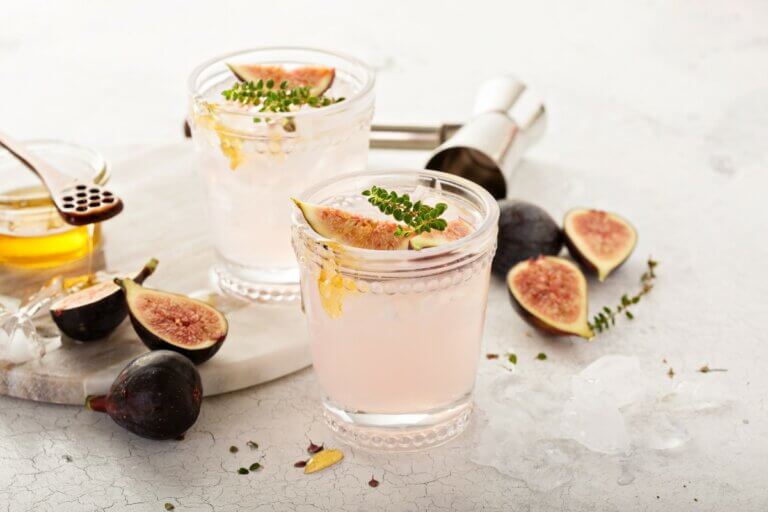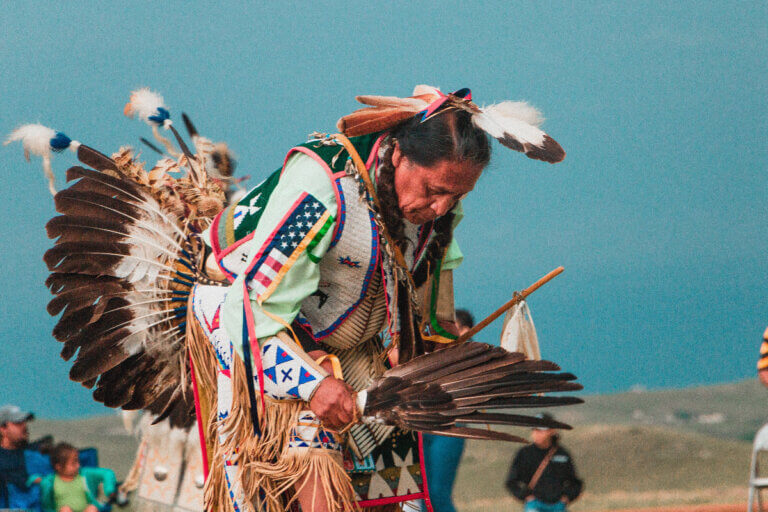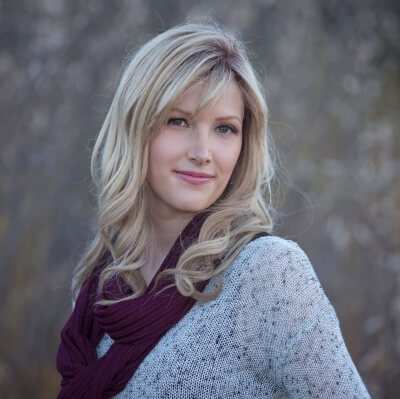In December 2019, the co-founders of Gradient Vodka Soda were having drinks one night. John Eresman, his sister Trisha Woodlock and her husband Josh Woodlock decided to “crack open a really expensive bottle of wine” while they were deep into the night already.
“We were like, ‘Well, that was not a very wise decision,” Eresman says. “Wouldn’t it be better if we could drink less and less throughout the night so that we wouldn’t do silly things like that?”
That conversation sparked Gradient Beverages, a Calgary-based company that packs together six different strengths of vodka soda in one box.
Gradient Vodka Soda Packs Have Different Levels of Alcohol Content
Gradient’s six-packs of vodka soda come with cans containing different levels of alcohol content in the following percentages: 8%, 7%, 6%, 4%, 3% and 2%. The founders describe how with this type of six-pack, you can control just how much, or little, alcohol content you consume and be more responsible.
It’s a unique concept, and one the Gradient team hopes will start the conversation around what they call “modern moderation.” Some of the taglines on their website include, “Keep a drink in hand without letting the night get out of hand” and “Less is more fun. Stay your vibrant self all night by gradually ramping it down.”
A Longing for Normalcy
“I think it’s a way of showing that you can have fun while still being conscious of the effects that alcohol has on you and the effects that you have on other people,” Eresman says.
Gradient Vodka Soda officially launched in August 2020. While the product wasn’t designed with the pandemic in mind, Eresman says it instantly resonated with people who were home alone and missing social connection.
“We’ve gotten quite a few notes of being like, ‘This is perfect for me right now,’” he says. “I think there was a bit of a longing for that feeling of normalcy that got lost during that time. And what came out of that is probably people just like chasing that feeling and maybe drinking too much.”
Overindulging During the Pandemic
From long line-ups at liquor stores to Canadians admitting to drinking more during the first months of the pandemic, it’s pretty clear we’ve been overindulging. The good news is that many of us are cutting back and dabbling in the sober curious world thanks to the wellness boom.
Co-founder Josh Woodlock says he hopes Gradient Vodka Soda is appealing to anyone thinking of cutting back. “I feel we’re bridging the gap between the sober curious or people that are considering drinking less, but this is an easy way to get into it,” he says.
Drinking in moderation is a good idea no matter how you look at it, because heavy alcohol use is harmful to mental and physical health. It’s linked to cardiovascular disease, liver disease and a substantially higher risk of several forms of cancer.
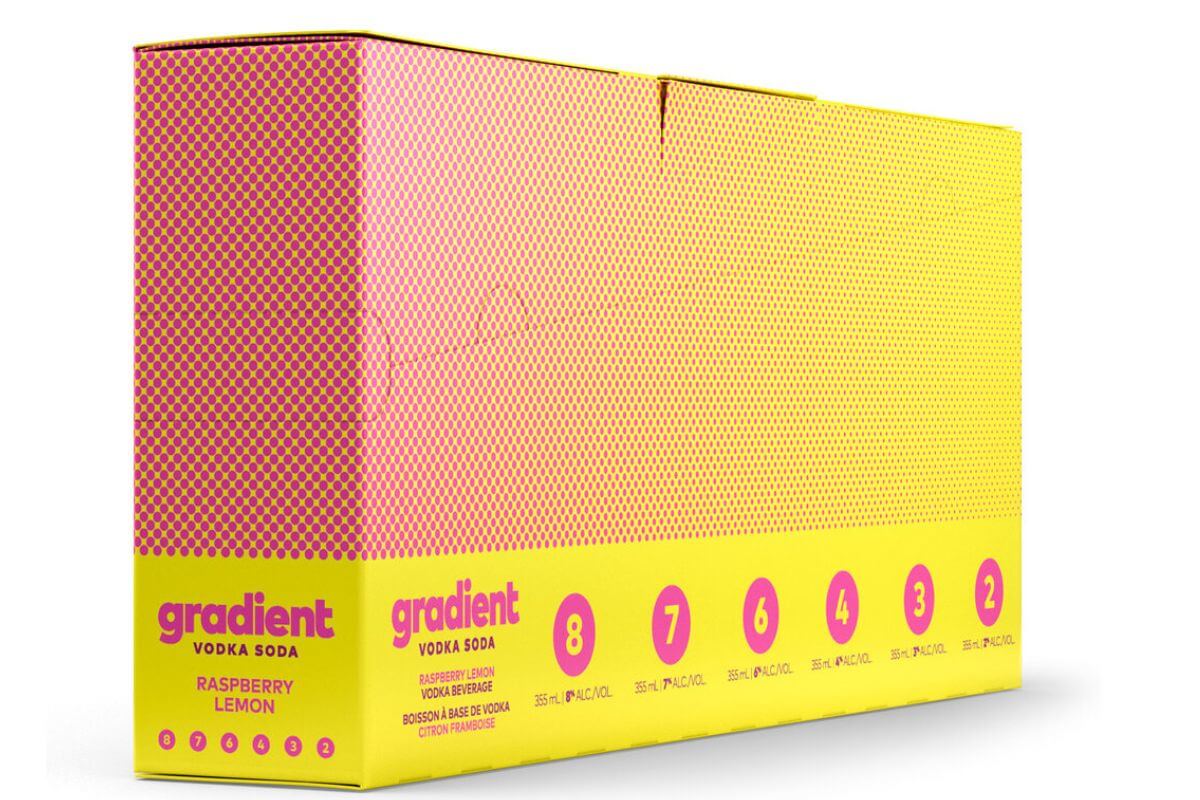
Mindful Drinking
Eric Baich, director of social responsibility for Alberta Gaming, Liquor & Cannabis (AGLC), says the pandemic has caused a shift for all of us in almost every aspect of our lives — from how we work and socialize, to how we eat and drink.
Baich says the concept of “mindful drinking” is resonating with more people. Much like with mindful eating, mindful drinking involves slowing down, being fully present and enjoying each sip of your drink. He believes this goes back even further than the pandemic thanks to the rise of craft beer — people are taking the time to enjoy their beverage instead of just chugging it back.
“Going to an establishment and drinking craft beer really fast, isn’t really the point,” he says. “And maybe 25 years ago, it was more about the drinking, as opposed to the socializing and the friends first, and the drinking was a part of that experience. So it’s slower drinking, more mindful drinking.”
Related Articles
Canada’s Low-Risk Alcohol Drinking Guidelines
Mindful drinking ties into Canada’s low-risk alcohol drinking guidelines. Some of their recommendations include drinking slowly (have no more than two drinks in any three hours) and having one non-alcoholic drink for every alcoholic beverage. They set limits for drinking, including 10 drinks a week for women, with no more than two drinks a day most days, and 15 drinks a week for men, with no more than three drinks a day most days. They also recommend planning non-drinking days every week to avoid developing a habit.
The AGLC utilizes the guidelines through their DrinkSense website, where they also include tips on how to drink responsibly, what a standard drink size looks like (for example, a pint containing 20 ounces is 1.7 drinks) and strategies for staying within the limits. They even have a quiz where you can find out just where you fit within the low-risk alcohol drinking guidelines.
Lowering Your Risk
Baich says the guidelines are a good reference for lowering your risk when you consume alcohol, “lower risk, not no risk, because there’s always going to be risk” if you feel your drinking has slowly been creeping up.
“We’ve all come across people that might not have alcohol dependency or real issues, but people that maybe are drinking a little bit riskier on a daily basis and a weekly basis,” he says. “And so this gives them that map of how maybe they can bring it down to lower that risk.”
He adds that by following the guidelines, everyone can still have a good time and get home safe. “We want to be mindful on everything and drinking is no exception in this crazy zombie apocalypse that we’re in here,” he says.
Let’s Talk About Moderation
Eresman says the Gradient team hopes that with a can in hand, it will be easier to talk about moderation, which can be uncomfortable if you’re surrounded by people drinking heavily.
“I feel like you’d go to a party and you’d be drinking and then all of a sudden you’d be like, ’Okay, I’ve had too much’ and you would have a glass of water. And then people would judge you. And they’d be like, ‘Oh, so you’re leaving soon. The party’s over.’ And it’s like this whole thing,” Eresman says. “So there’s a little bit of a stigma to that. And so this way it’s more like you can open up the conversation to be like, ‘Here’s where I’m at in the night.”
The Gradient team also have plans to expand their product offering in the future with a non-alcoholic option with the same flavors and packaging as their current six-pack of vodka soda.
“If you were in a place where you weren’t drinking alcohol at all, you would have something that looks very similar to what everybody else is drinking and you can still kind of be part of that,” co-founder Trisha Woodlock says. “And maybe that takes away that stigma of, ‘Oh, you’re drinking a Coke or water,’ that kind of thing.”
A Culture Shift
The trio want to see a culture shift when it comes to being responsible and moderating your intake.
“I think just opening up the conversation is enough to start to have a change,” Eresman says. “I just feel like there’s probably some people out there that feel like they would be so stigmatized by their friends if they were to talk about moderation.”
He hopes that Gradient Vodka Soda can act as a gateway and the beginning of a conversation, “Or just if it’s something that triggers in somebody’s head like, ‘Oh, I actually had a better time when I drank less.”
Lead image: Gradient co-founders, left to right: Josh Woodlock, Trisha Woodlock and John Eresman. Photo courtesy of Gradient Vodka Soda.

